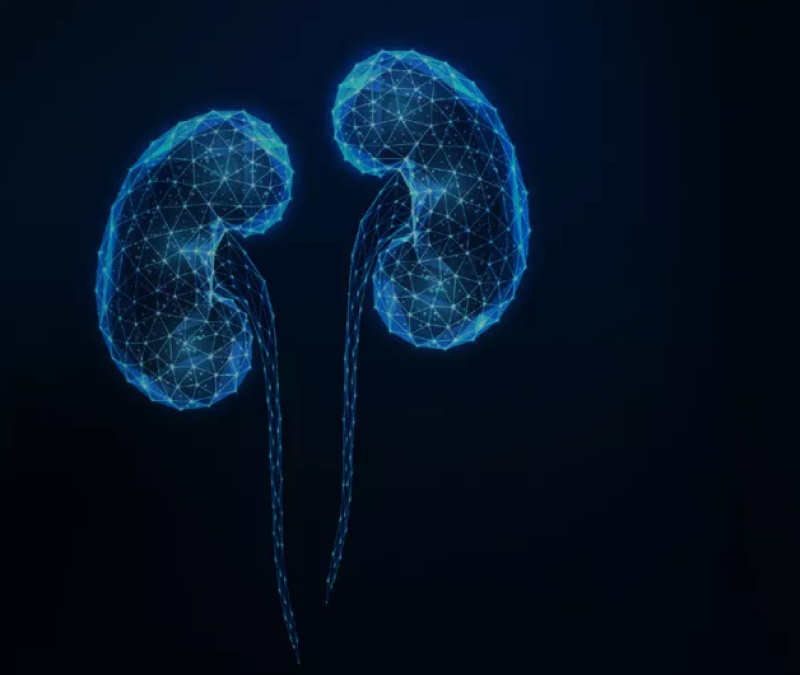Aster Ramesh Hospitals offers specialised nephrology care to patients of all ages. We offer a wide range of therapeutic technology/ support including haemodialysis and peritoneal dialysis. What sets us apart is the outstanding team of doctors comprising of highly experienced nephrologists, urologists, renal transplant surgeons, anaesthetists and critical care experts. Multidisciplinary in approach, they provide optimal, evidence-based treatment to patients with the support of an award winning team of nurses, renal dieticians, rehabilitation experts and qualified technicians.
Nephrology




